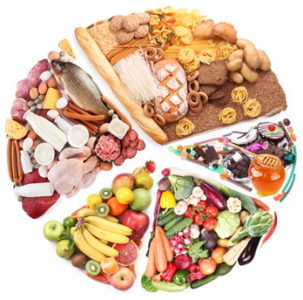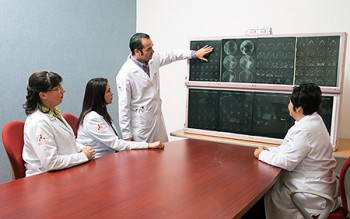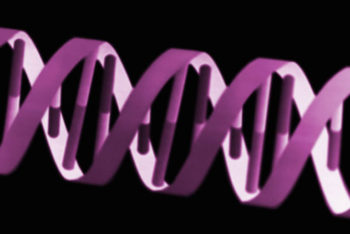
Do you need more motivation to consume a healthy diet? According to the American Institute for Cancer Research (AICR), excess body weight is a cause of more than 130,000 new cases of cancer in the United States each year.
Consuming nutritious plant-based foods, including fruits, vegetables, whole grains and beans, provides a double-whammy against cancer. Fewer calories mean no weight gain, while the vitamins and minerals are strong tools against developing cancer.
What’s on Your Grocery List?
Fortunately, there’s a wide variety of delicious foods to choose from. Here are some of the products that rank high on AICR’s list.
- Dark green leafy vegetables such as kale, spinach and romaine lettuce contain carotenoids that attack free radicals, which are unstable molecules that cause cell and tissue damage.
- Tomatoes get their red color from an antioxidant called lycopene. They’re also rich in fiber, which protects against colorectal cancer.
- Coffee has gained a bad reputation with some, but it’s actually full of antioxidants that may become more potent during the roasting process.
- Kidneys, black beans and other legumes are a good source of fiber and protein. They also contain a resistant starch used by “good” bacteria in the colon to manufacture protective short-chain fatty acids.
- Blueberries are considered one of the “superfoods” that have some of the highest antioxidant content.
Good Nutrition and Immunotherapy for Cancer: A Powerful Combination
At our Issels® center, diet and other lifestyle factors are taken into consideration when creating our personalized immunotherapy for cancer treatments. Contact us for more information about non-toxic protocols such as cancer vaccines and NK cells.


